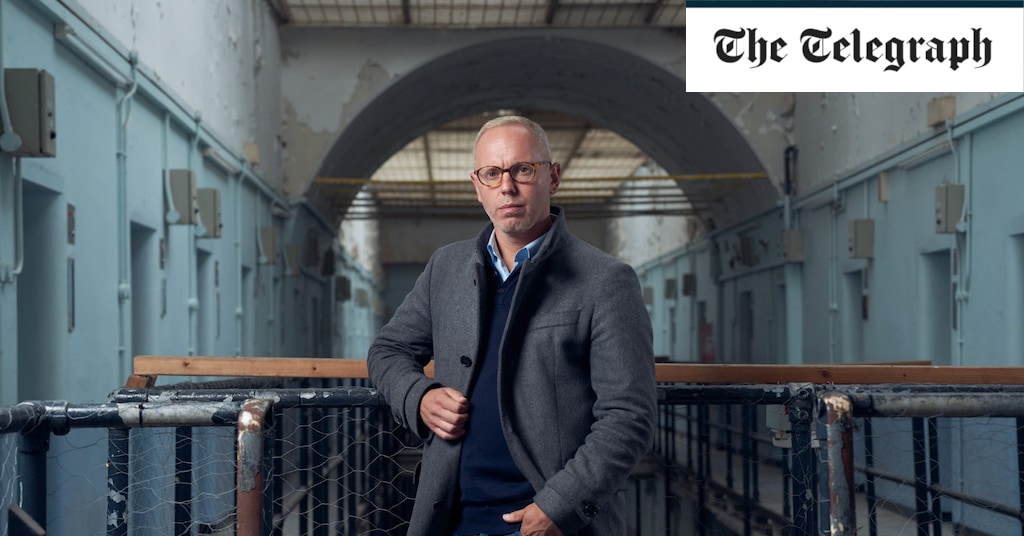
British prisons are never far from Channel 4’s thoughts. After the drama Screwed and the reality experiment Banged Up, its latest prison visit is Britain Behind Bars: A Secret History (Channel 4), in which Rob Rinder peers enquiringly into the past to ask how – or if – the theory and practice of incarceration have changed over the centuries.
Already timely thanks to the government’s plan to make prisons less crowded, the three-part series acquired next-level topicality this week when Dartmoor Prison was evacuated after a radon leak. The first episode tells of Dartmoor’s grim history of riots triggered by intolerable conditions and merciless ill treatment.
A former criminal barrister poring over old archives, Rinder reasons that, all stick and no carrot, prison for short-term and long-term inmates alike was a Petri dish for recidivism. “Why don’t you send me to the gallows at once?” asked Joseph Denny, a lone black inmate in Dartmoor in the 1890s. “I shall be sure to do something.” He was right – he tried breaking back in to burn the place down.
Rinder views such cases histories through liberal 21st-century spectacles while watchfully questioning the extent to which the present has earned the right to judge the past. Just as pitiful as Denny was the contemporaneous story of Beatrice Tucker, who took to petty theft in her teens and plummeted into a spiral of repeat offending. Rinder even buys into the idea that the Kray twins graduated to organised criminality thanks to a stretch in Shepton Mallet, where they were banged up for absconding from National Service.
Does prison work? In the debate about its capacity to deter – both then and now – an articulate collection of ex-convicts make a helpful and sometimes light-hearted contribution. “I’m not being funny,” says one, “but if you steal a sheep in this day and age you wouldn’t be executed for it. You might get a visit from the RSPCA.”
The middle episode, focusing on capital punishment, digresses into the personal as Rinder, who lost family in the Holocaust, interrogates his feelings about the ethics of execution. “It’s not straightforward,” he concludes after a tour of Shrewsbury’s disused jail, “and anybody who thinks it is hasn’t really listened to these stories, hasn’t stood in this building, hasn’t heard what it means to be a victim”.
This strikes a rare false note. His measured and deeply thought series isn’t about crime’s victims but its culprits.
All episodes of Britain Behind Bars: A Secret History are available now on Channel4.com
This post was originally published on this site be sure to check out more of their content.








